Conservation Volunteering in the UK – Where to Start?
Alison Burke gives you a heads up on where to start in the conservation world…
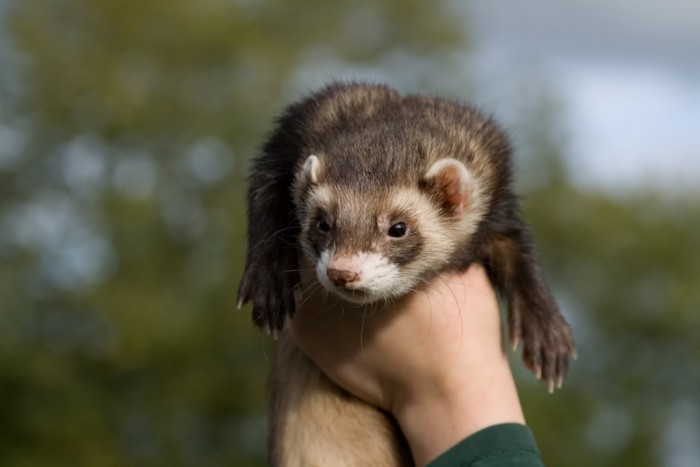
By Alison Burke (Bsc hons Coastal Marine Biology)
Choosing a career can seem daunting, especially when it’s in a field where jobs are so highly sought after, such as conservation for instance. The good news is that Conservation is now an area where volunteer programmes are actually proving exceptionally popular, both in the UK and abroad.
Why volunteer?
Before embarking on a career, it’s sometimes better to “try out” jobs before committing yourself to working permanently.Volunteering is a great way to do this, of trying out jobs until you find something you really enjoy and are passionate about. Volunteering will not only give your CV a helping hand but also help you decide what you do and don’t like in a job and what type of career you would like to pursue.
Volunteering can start off at home, try your local council, especially in the conservation sector. Environmental health sectors which specialise in local pollution, water treatment and environmental planning issues will often be looking for volunteers with an interest in Conservation so it’s a good way to get into the field. By shadowing an environmental health officer you can really get a feel for how government enforces environmental and conservation policy and who knows, you may even land yourself a job there that you absolutely love.
If you have a local natural landmark, such as a beach, sand dune system, moorland or forest, it’s more than likely that there’s someone there maintaining the environment. Contact the authority in charge of maintenance and volunteer to assist with clean up operations or the area rangers…you never know where it could lead.
For those interested in wildlife conservation and other areas where working with animals is at the heart of the project, the list of possibilities is endless. Offer to help out on a farm, or try to get yourself some work experience with an RSPCA warden or apply to a zoo or aquarium (maybe even a pet shop) for a placement. With animal care, the more experience of animal handling you have, the more comfortable you will be around them and the more attractive a candidate you are to a conservationist looking to hire another pair of hands.
Conservation volunteering is extremely beneficial to future career development and self discovery; and deciding on the direction you wish to go in. You can also feel a sense of accomplishment in the know that in some way it will benefit the environment and you are making a difference to the planet. No matter how much time you dedicate to volunteering, regardless of whether it’s a 3 month block or one day a week there is no doubt that you will most definitely see positive results from dedicating your time to a cause and an activity you believe in.
So be bold and daring and put yourself out there! You’ll be amazed at some of the volunteering opportunities you come across.
If you have any tips/experiences to share or questions about volunteering in conservation, feel free to leave your questions and comments below

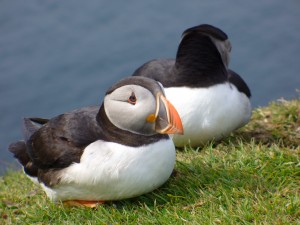
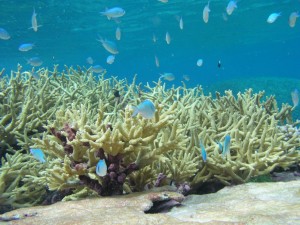
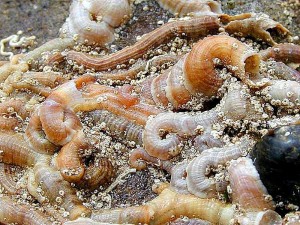
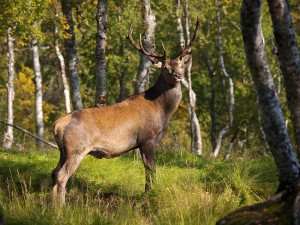
No comments yet.